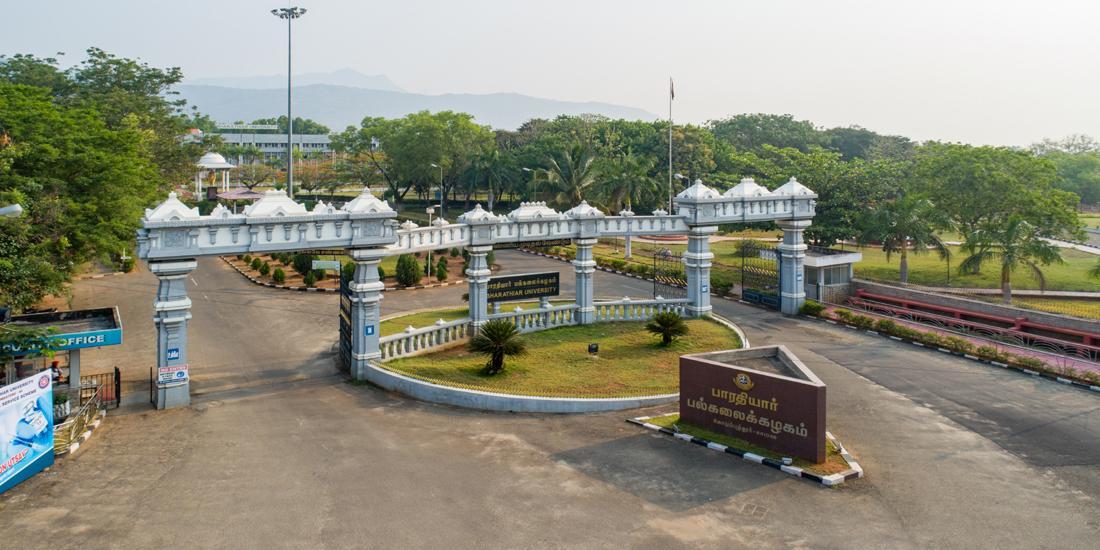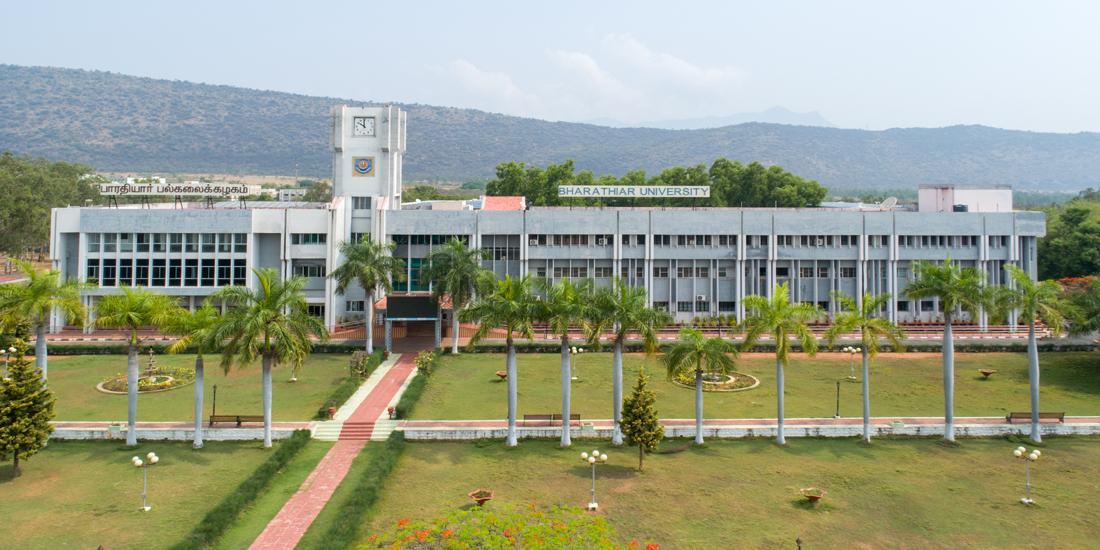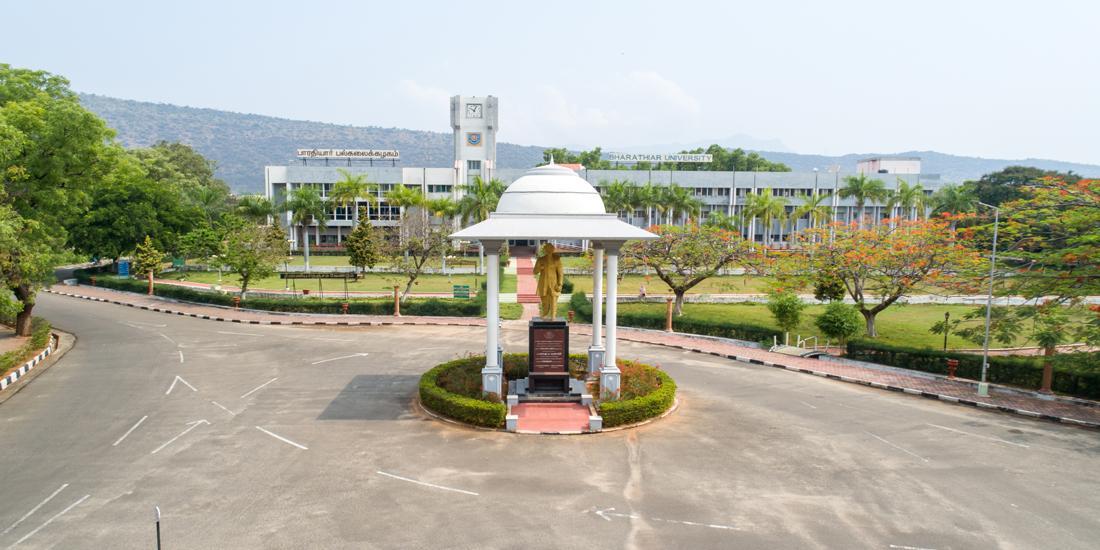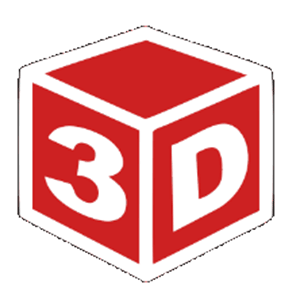- Genesis
-
In the year 2001, Bioinformatics programme was initiated under Department of Botany. Research Degrees (Ph.D. and M.Phil.) were introduced at 2005. Then created as independent Department under School of Life Sciences 2007. DBT Bioinformatics Facility was inaugurated in the year 2008. P. G. Diploma in Cheminformatics was started as an innovative programme with the support of UGC at 2011. Totally 6 faculties are working in the department. Current thrust areas of research fields are Data Mining and Text Mining, Computational Biology, Biodiversity Informatics, Structural Biology, Proteomics, Computer-aided drug discovery, Non-coding RNAs and NGS, Phylogeny and Network analysis, Molecular Genomics and Target Validation.
The postgraduate course in Bioinformatics commenced in Bharathiar University during 2001 for the first time in India. An interdisciplinary area at the intersection of biological, computer and information sciences necessary to manage, process and understand large amounts of data, for instance from the sequencing of the human genome, or from large databases containing information about plants and animals for use in discovering and developing new drugs. The Postgraduate students passed out from the department were easily absorbed in various research Institutions not only in India but also in Foreign Countries. Few of our students are pursuing their Doctoral programs in the countries US, UK, Germany, South Korea and Singapore. Bioinformatics division was upgraded to the level of research and offers M. Phil., and PhD. courses from the academic year 2005. It fosters research and developmental activities in major thrust areas like Nano Science and Drug delivery, Molecular modeling and Drug Design, Comparative Genomics, Computational Biology, Biodiversity Informatics, Data mining, Text mining, Database construction, Structural Biology, Health informatics and Biocomputing. The department is engaged in various innovative projects in the disciplines mentioned, supported by the various National and International agencies like DST (FIST), DBT (India), UGC (India), DBS (Sweden), NUS (Singapore) and ITTO (Japan).
- Salient Features
-
Promote bioinformatics and computational biology education and research. Facilitate access to bioinformatics and computational biology infrastructure. To develop better tools and databases for comprehensive functional studies and for analyzing sequence similarity and variations. To create mechanisms to support effective approaches for producing robust, exportable software that can be widely shared. Some of major Bioinformatics Databases & Software developed by our Department and available online and their functionality are below (Web URL: www.biominingbu.org). Structural characterization of integral membrane proteins with proteolytic activity from pathogenic bacterial species was done.
- Thrust Areas
-
Data Mining and Text Mining, Database Development. Computational Biology and Biodiversity Informatics. Structural Biology and Proteomics. Structural Bioinformatics, Protein-ligand recognition, Computer-aided inhibitor discovery, Bioprogramming, Biocomputing. Non-coding RNAs analysis, NGS and Big data analysis, Sequence analysis and Medical Informatics, Phylogeny and Network analysis. Bioactive molecules-isolation and characterization, Potential Disease target Identification.





 Campus Walk
Campus Walk